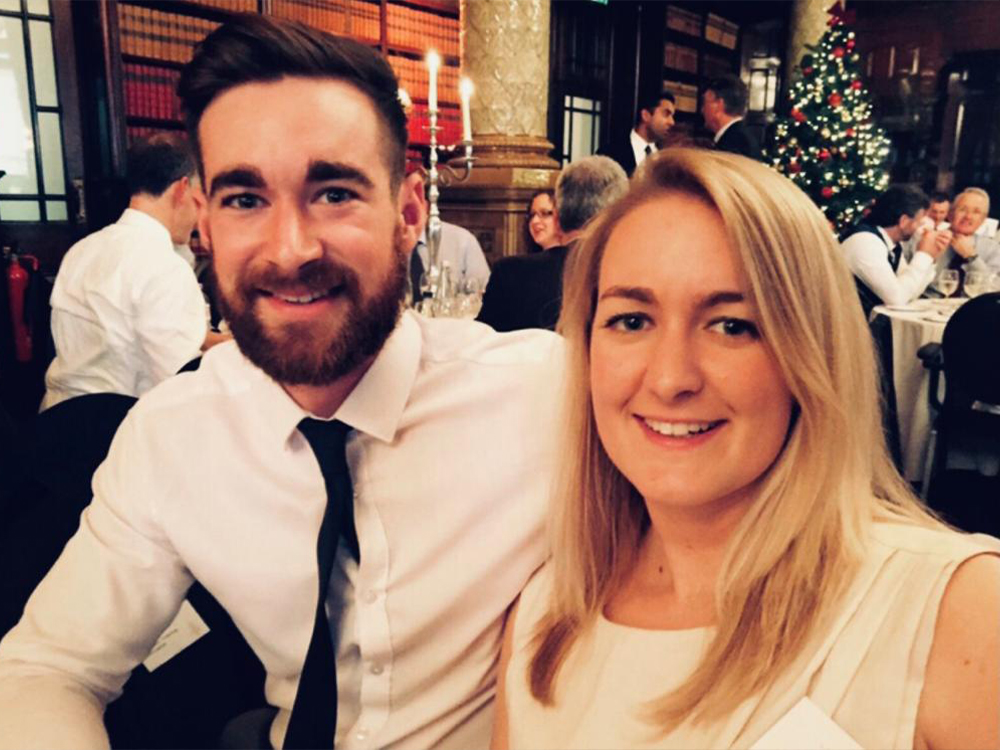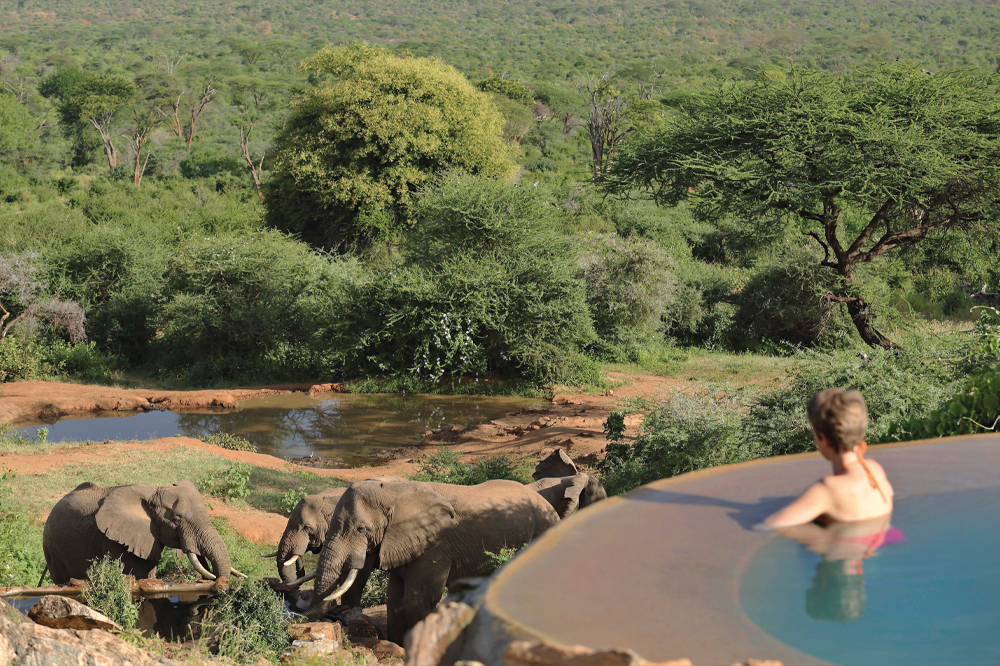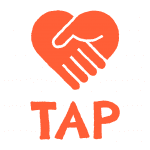As millions across the world continue to interact online, people are spending a record amount of time video chatting.
This means that you often spend hours every week seeing yourself far more than you did pre-Covid, often leading to you paying greater attention to how you look. With this in mind, Pharmacy2U, the UK’s largest online pharmacy, have compiled a list of the best vitamins to make sure you’re Zoom-confident!
Phil Day, Superintendent Pharmacist at Pharmacy2U, the UK’s first and largest online pharmacy, gives us which vitamins help with what:
Vitamin A
All cells need vitamin A for growth: this includes hair, which is the fastest growing tissue in the human body. It also helps your skin to produce an oily substance called sebum which helps to moisturise your scalp and keep your hair looking healthy. It has also been found that people that are deficient in vitamin A may experience hair thinning and hair loss.
Vitamin C
Vitamin C can be found largely in both the epidermis (outer layer of skin) and the dermis (inner layer of skin). It has antioxidant properties and plays a key role in producing collagen, which helps to keep skin healthy. This is one of the key ingredients found in many anti-ageing skincare products. It helps to heal damaged skin and also has the ability to reduce the appearance of wrinkles, help to repair hair and prevent dry skin. It’s also great for healthy hair, again linked to its role in producing collagen, which is an important part of the hair structure.
Vitamin D
Typically we get the majority of our vitamin D in the summer months; the skin makes it when it’s exposed to sunlight. However, with most of us stuck indoors and with the gloomy winter weather many of us may be deficient at the moment. Vitamin D is used throughout the body, including the skin, where it plays an important role in skin tone, as well as preventing premature skin ageing. It also promotes healthy bone growth, with some studies showing that it can help with dry skin, eczema and psoriasis. Low levels of vitamin D have also been linked to hair loss, with research showing that vitamin D may help create new hair follicles.
Vitamin E
Similarly to vitamin C, vitamin E possesses antioxidant properties, helping to prevent the skin from sun damage. Vitamin E absorbs UV light, minimising the damage done by UV rays, preventing dark spots and wrinkles. If you have particularly dry skin, vitamin E can help to counteract a lack of sebum, as well as to help in the treatment of skin inflammation.
Vitamin K
Vitamin K is vital in helping the body’s ability to form blood clots, which helps the body to heal bruises, wounds and any areas that have been affected by surgery. It is thought to help skin conditions including scars, stretch marks and dark eye circles.
Some vitamins should not be taken in large doses, and some may clash with prescribed medicines. Before taking any new vitamin supplements, talk to your pharmacist for advice if you need it.”
Share your local news with us here

















